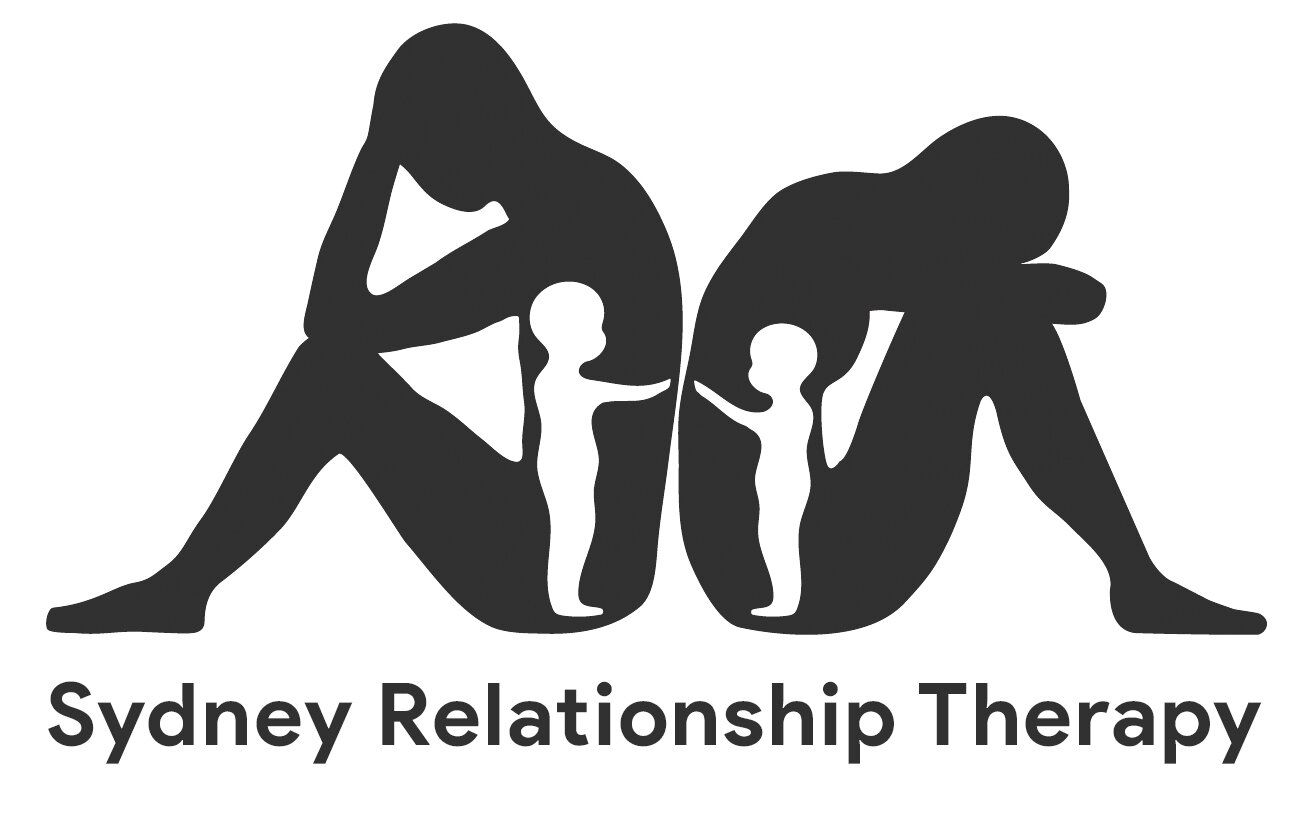
Emotionally Focussed Therapy
(EFT)
What is EFT?
Emotionally Focussed Therapy, or EFT, is a structured form of therapy based upon the science of interpersonal attachment. It was initially developed in the 1980’s to address difficulties in adult romantic relationships, but has been expanded to apply the same principles to working with family relationships. The key aspect of EFT, that distinguishes it from other therapies, is its focus on people’s emotional experiences in times of relationship distress, rather than just offering strategies for managing behaviour. In this respect, it might be said to address the cause of relationship distress instead of focussing on the symptoms.
The process of EFT is divided into three phases:
Phase 1: Therapy begins with identifying the patterns that are creating conflict or distance in a relationship. Distressed relationships are invariably characterised by sequences of behaviour that serve to reinforce the issues that are creating difficulties in a feedback loop. The ability to identify these cyclical patterns, and recognise them as they are occuring, is an important first step to de-escalating conflict and opening the possibility for more constructive engagement.
Phase 2: It then dives deeper to explore the emotional experiences that underpin participants’ behaviours and reactions within the cycles identified in Phase 1. Participants are encouraged to communicate the deeper underlying emotions that are often masked by the defensive behaviours and protests that occur when they are stuck in a negative interaction. For example, instead of communicating anger at a partner’s perceived unavailability, a person may express her fear that her partner will not be there for her. Instead of expressing resentment at a parent’s nagging, a teenager might describe his sense of shame or inadequacy at being unable to live up to the parent’s expectations. When participants are able to communicate using the more vulnerable emotions that lie beneath their usual reactions, they become more emotionally available, which invites opportunity for the strengthening of attachment bonds.
For many participants, this is the most rewarding phase of the therapy. It’s common that people express genuine surprise at what the EFT process reveals about the underlying emotional experiences of those they are in relationship with. “I never knew you felt that way” is a phrase commonly heard in EFT sessions. It can be heart-warming to see the mutual care and concern that arises as a result of the revised understandings. These expressions facilitate new types of interaction, which become self-reinforcing in the same way that the old patterns were.
Phase 3: The final phase is a consolidation of all that was learned in phases 1 and 2. It involves practising the new ways of relating to and engaging with one another, in order that this might be successfully implemented when incidents arise in the course of participants’ lives with one another.
While the structure and process of EFT sounds fairly straight-forward in principle, in practice it is inevitably more complex than it might seem. It can often take time for participants to develop enough trust, comfort and insight to overturn habitual ways of responding, and open up to one another about their more vulnerable emotions. This is especially true when one or more participants has suffered an attachment wound, such as in situations where a relationship betrayal is involved, when a participant has experienced some form of trauma in their history, or when it conflicts with established gender norms of self-expression. Regardless, the EFT process, if followed through, has been demonstrated to reliably and sustainably improve the closeness and satisfaction that participants feel in their relationships with one another.
Why choose EFT?
There are many different forms of therapy that deal with relationship issues, each with a unique spin on tackling the issues that cause people difficulties in their relationships. The first question you should ask yourself when considering which form of therapy is right for you, is “what’s the evidence base behind this therapy?” EFT has been studied extensively, and has a strong evidence base supporting its efficacy in assisting couples and families with a wide range of relationship issues. Empirically, it is perhaps the most well-supported form of relationship therapy. Furthermore, follow-up studies have demonstrated that those who have undergone EFT continue to improve in their relationships following the completion of therapy. This finding distinguishes EFT from other, more “skills-based” forms of relationship therapy, in which the beneficial effects of therapy tend to decrease over time.
Here is an in-depth summary of EFT research.

